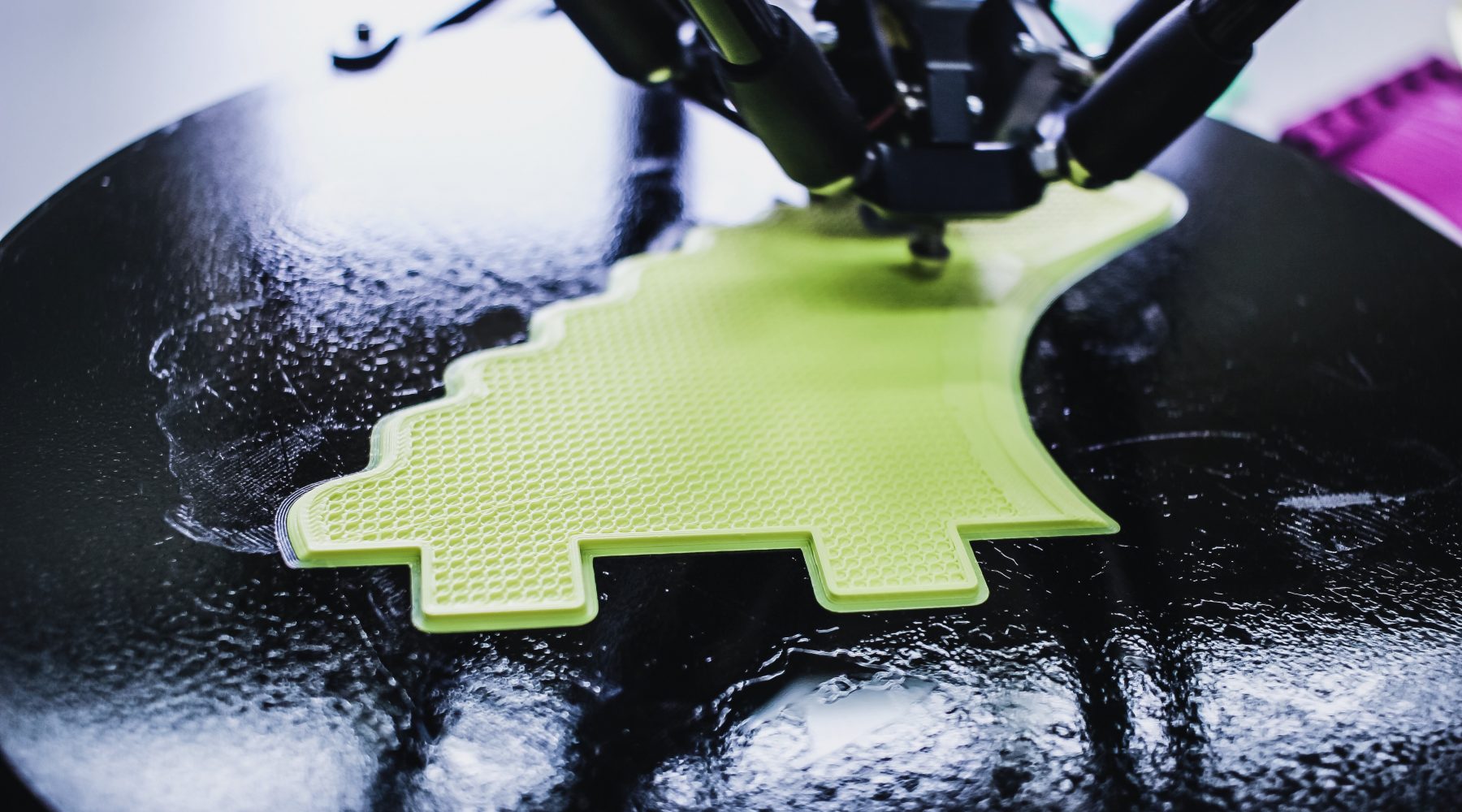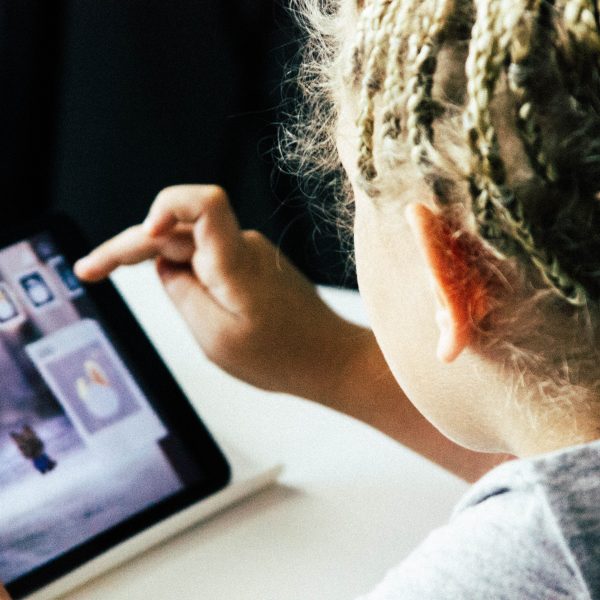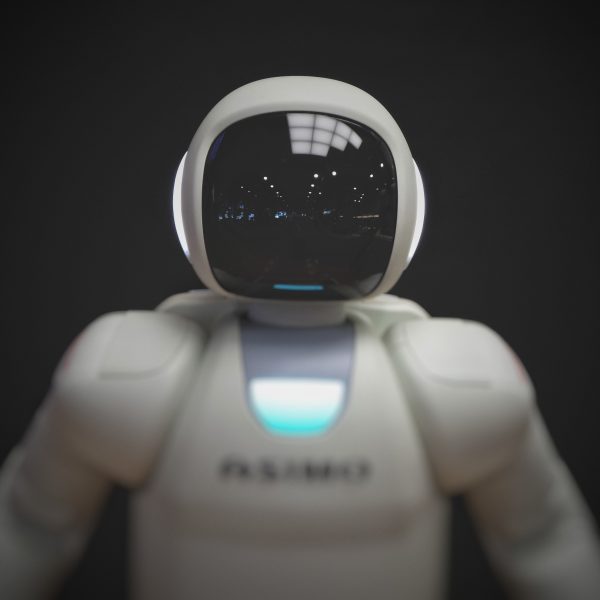Mini makers use STEM skills to solve real life problems

“Even kindergarten-aged students are capable of innovative design solutions” says Dr Matt Bower, of Macquarie University’s Department of Educational studies.
Dr Bower has recently completed a research report Makerspaces in Primary School Settings, showing that, when given tailored instruction and access to contemporary technologies, five year olds prove themselves to be rich, capable and competent problem solvers, per the Early Years Learning Framework.
Makerspaces – areas where children can “get creative with science, technology, engineering and mathematics (STEM)” are becoming increasingly popular in primary school spaces, with some early childhood education and care (ECEC) settings also incorporating them into their spaces.
“Makerspaces allow students the chance to develop 21st century skills and STEM capabilities, while encouraging a growth mindset that is resilient to failure,” Dr Bower said.
In addition to making use of traditional physical materials such as wood, metal, paper and electronics, Dr Bower’s research shows that educators embracing a range of digital technologies to support a makerspace, including 3D design software and 3D printers, encourage real-world innovation.
“These 3D technologies are revolutionising a range of industries including architecture, engineering and medicine, so teaching children 3D design capabilities from an early age sets them up for success in an increasingly technological future,” he says.
The value of learning in creative makerspaces
Whilst ECEC and education settings are “embracing this creative new teaching trend with serious commitment”, Dr Bower and his team were concerned about the dearth of research to support evidence-based application of that enthusiasm throughout the sector.
In response, a team of five researchers from Macquarie University worked with three schools and 3D design software company, Makers Empire, to investigate the impact of integrating makerspaces into the early years of schooling. The study was designed to address a concerning gap in the research literature, where there are limited findings relating to learning and teaching in makerspaces.
What can be achieved with technology-aided creative thinking?
In the makerspaces located in schools, children designed keyrings, shadow puppets, a habitat for hermit crabs, headphone cable holders, spinning tops, floatable boats, herb markers, playground sculptures, bag tags, and characters for a stop-motion narrative.
Then they used software designed for their age level to create a digital version which could be printed. After their teacher printed out the 3D version for them, they tested it to see if it worked. If it didn’t – if the boat sank or the shadow puppet didn’t cast much shadow – they experimented again, making changes to see if they could fix the problem.
The research team also noted that the students developed a range of new skills, including creativity, problem solving, collaboration, scientific knowledge, digital literacy and resilience.
“We saw very high levels of student engagement, with the majority of students wanting more lessons with the new technologies,” Dr Bower said, adding that educators benefited also, through professional development opportunities, including two days of training and instruction in how to use the Makers Empire 3D app for designing and printing 3D objects on newly-installed 3D printers in each location.
Educators participating in the study said that to develop their capabilities, and effectively teach in makerspaces, they needed reliable technology, collegial support, teaching resources, appropriate makerspaces, and time to build their capabilities and create lessons.
The study, which concluded that not only were the students highly engaged in the creative process of their problem-solving lessons but that their educators were equally keen to use 3D design-based makerspaces in future classes, can be viewed here.
Popular

Practice
Provider
Quality
Research
Workforce
New activity booklet supports everyday conversations to keep children safe
2025-07-10 09:00:16
by Fiona Alston

Quality
Practice
Provider
Workforce
Reclaiming Joy: Why connection, curiosity and care still matter in early childhood education
2025-07-09 10:00:07
by Fiona Alston

Policy
Practice
Provider
Quality
Research
Workforce
Beyond the headlines: celebrating educators and the power of positive relationships in early learning
2025-07-07 10:00:24
by Fiona Alston













